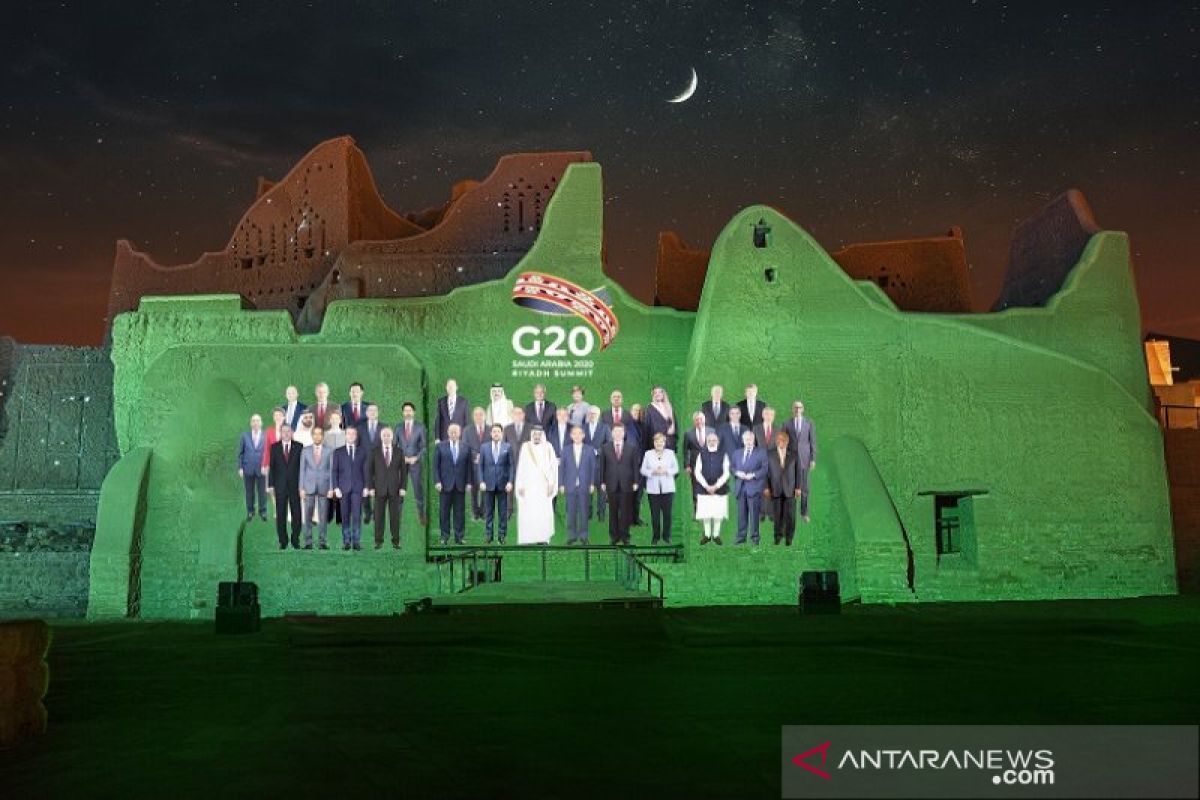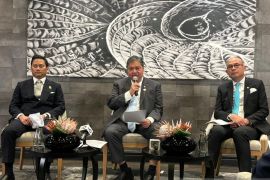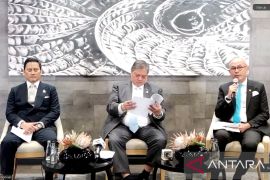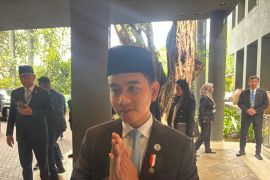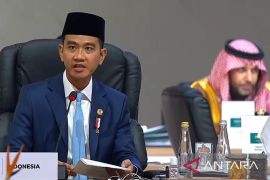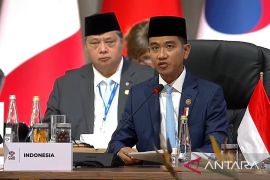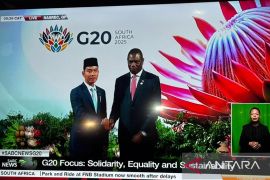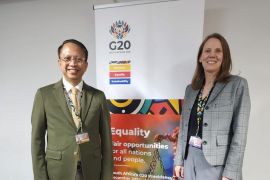Economic recovery following the COVID-19 pandemic will no longer overlook our responsibility to protect nature, and the president said the green economy had significant potential, as the World Economic Forum said the green economy can provide 395 newJakarta (ANTARA) - President Joko Widodo reiterated his commitment for a more sustainable and greener economy at the G20 Riyadh Leaders' Summit late on Sunday, Indonesia’s Foreign Minister Retno Marsudi stated at a post-meeting press briefing shortly thereafter.
The president stressed that Indonesia's government is set to transform the country's economy to offer greater environmental protection, Marsudi remarked.
"Economic recovery following the COVID-19 pandemic will no longer overlook our responsibility to protect nature, and the president said the green economy had significant potential, as the World Economic Forum said the green economy can provide 395 new jobs by the end of 2020," she highlighted.
In a bid to transform Indonesia's economy to become more environmentally safe, Indonesia has made some breakthroughs, including implementing the mandatory B30 biodiesel policy and conducting trial for pure palm oil-based diesel (D100). B30 refers to a fuel blend containing 30 percent biodiesel produced from palm oil.
"It will absorb at least one million tons of palm oil produced by our farmers," the president noted as quoted by Marsudi. She highlighted that the president also reaffirmed his commitments for installing more solar panels in the household sector.
On the last day of the G20 summit, organized virtually this year under the presidency of Saudi Arabia, the president also emphasized that the latest Job Creation Law will bring certainty in the legal aspect of environmental permits, including the environmental impact analysis document (AMDAL) for any infrastructure projects in Indonesia.
Jokowi remarked that the law, as quoted by the foreign affairs minister, will also set up funding for restoration and rehabilitation of degraded environment.
"The Omnibus Law (on Job Creation) aims to protect our tropical forests, as it serves as a forefront in the global fight against climate change," Marsudi noted.
In contrary to the government's statement, the Indonesian Center for Environmental Law (ICEL), an independent research and advocacy body based in Jakarta, in its report published last month, stated that the Job Creation Law offers greater flexibility and protection to corporations instead of the environment as well as the local community affected by infrastructure development.
The ICEL puts the spotlight on how the law may scrap some mandatory requirements, including the environmental permit, for less risky projects.
However, Indonesia's government has, on most occasions, denied any critiques toward the law.
Greater protection to the planet has been the G20 top priority as noted at the Leaders' declaration this year. Leaders of 19 countries and the European Union, as quoted in the declaration, agree that "we are committed to safeguarding our planet and building a more environmentally sustainable and inclusive future for all people".
In a bid to build a sustainable future, G20 shares the aspiration to achieve "a 50-percent reduction of degraded land by 2040, on a voluntary basis," according to the declaration.
Close
EDITED BY INE
Reporter: Genta Tenri Mawangi
Editor: Fardah Assegaf
Copyright © ANTARA 2020
